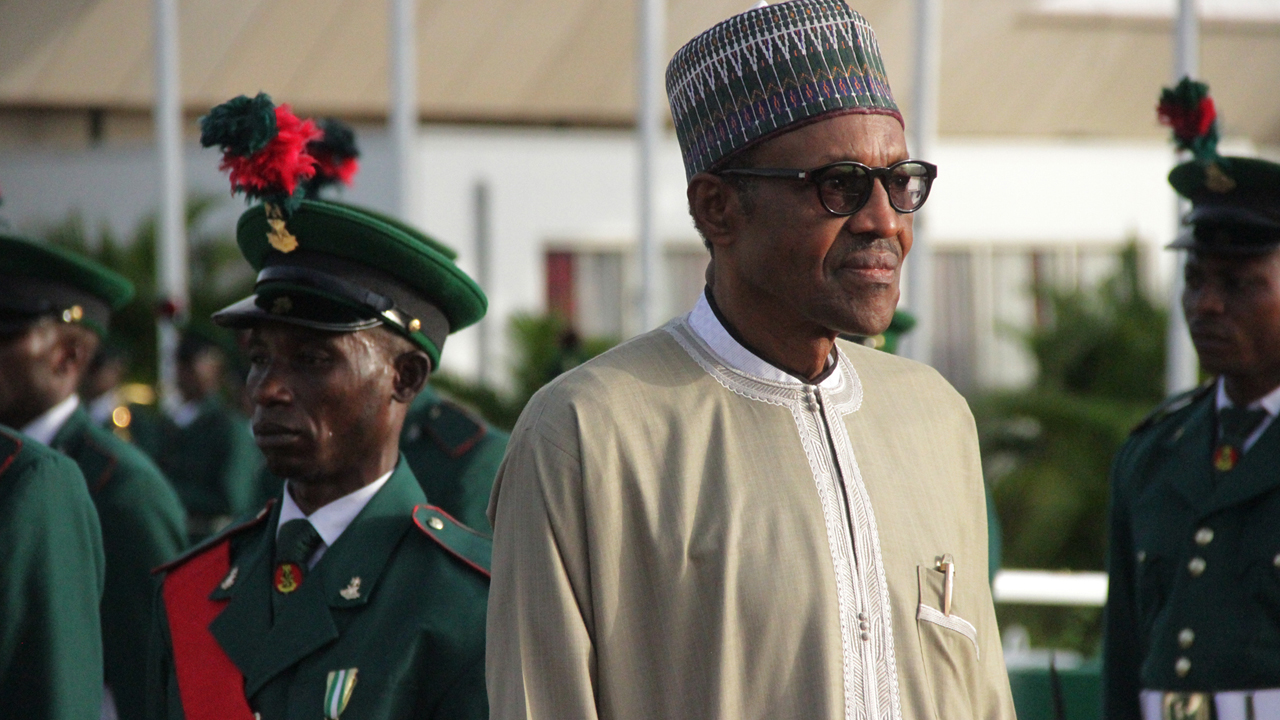- After Six-hour Meeting, Council Approves over N300bn Projects
A six-hour Federal Executive Council (FEC) meeting presided over by President Muhammadu Buhari wednesday in Abuja approved a volume projects valued at over N300 billion in various parts of the country and across different sectors of the economy.
wednesday’s FEC meeting which took off at 11 a.m. and ended at some minutes before 6p.m., was the longest ever presided over by the president. Following its inability to exhaust the agenda before it, the meeting will continue today in its commitment to exhaust 42 memoranda it is considering before the end of 2017.
Of the 42 memoranda tabled before FEC in the Council Chamber yesterday, 22 were considered and approved while the remaining 20 have been scheduled for consideration today. It is the first time that FEC meeting would be held on two consecutive days since the advent of the current Buhari administration.
Leading four ministers into the press gallery to brief journalists on issues considered at the meeting, Senior Special Assistant to the President on Media and Publicity, Malam Garba Shehu, said both the massive approvals made yesterday as well as the resolve to continue the meeting today underscored the level of government’s commitment to the wellbeing of Nigeria.
In his briefing, the Minister of Power, Works and Housing, Mr. Babatunde Fashola, said some of the projects approved were institutional while others bordered on transport, roads, power and education.
He was joined in the briefing by his counterparts in Transportation Ministry, Rotimi Amaechi; Water Resources, Suleiman Adamu, and Federal Capital Territory (FCT), Muhammad Bello.
According to Fashola, the institutional projects approved included the completion of Police Service Commission (PSC) headquarters whose cost was reviewed by the council from initial N3.4 billion to N3.9 billion as well as a review of the cost of building Nnamdi Azikiwe Mausoleum in Anambra State from hitherto N1.496 billion to N1.953 billion.
He also said FEC approved N155.7 billion for the construction of Abuja-Kaduna-Zaria-Kano road and another N14.4 billion for the rehabilitation of the Efire-Araromi-Aiyede-Ayila Road to connect Ondo State with Ogun State.
He also said the council approved the augmentation of Amanze section of Onitsha-Enugu expressway at the cost of N38.74 billion as well as the full rehabilitation of Umunya section of the road earlier awarded at the rate of N23.4 billion, both totaling about N62.06 billion.
The minister also said the council approved the provision of independent power plants to nine universities and one teaching hospital at the cost of N38.965 billion to provide power for students’ use and street lighting.
Fashola also said his ministry was working assiduously to ensure the restoration of power to Ondo South senatorial district of Ondo State which has been in black for over three years.
In his own briefing, Suleiman said council approved N5.6 million for the completion of Adada dam which was started in 2010 in Igbo-Etiti Local Government Area of Enugu to supply water to Nsukka in 2018.
He also said the council approved N16.5 billion for the completion of the second phase of Galuma dam, an irrigation dam in Kaduna meant to supply water to Zaria as well as the review of consultancy fee for a dam in Ogwashiukwu in Delta State at the cost of N133 million.
In his own briefing, Amaechi said the council resolved to fund early childhood education including the distribution of text books to pupils in primary 4, 5 and 6 in public schools nationwide at the cost of N6.9 billion.
He also disclosed the approval of the construction of Jos central library and faculty of animal sciences and engineering at the cost of N587 million, adding that the council also approved the purchase of two vessels hitherto being hired by the Nigeria Ports Authority (NPA) to escort vessels to sea port at the cost of N1.9 billion.
Amaechi also said approval was made for the purchase of two other vessels in eastern port of 17 metres to assist vessels in the sea port at the cost of N1.2 billion.
Other projects approved according to Amaechi, were the purchase of calibration inspection at the cost of N111.6 million; a new terminal at Aminu Kano Airport, Kano, at the cost of N621 billion and direct procurement of installation and inaguration of wide area of multilateration for the Gulf of Guinea at the cost of N3.9 billion. He said this purchase would help to capture equipment flying below the radar.
Also briefing, the Minister of FCT, Bello, said approval was made for the completion of Goodluck Jonathan expressway whose section was opened recently to aid traffic flow in Abuja at the cost of N3.8. billion. Bello said the completion would aid movement from Keffi to Central Bank of Nigeria (CBN) in Garki.
He also said Wassa resettlement site in South-eastern part of Abuja consisting of 197 roads of 88.9 kilometres was approved at the cost of N26 billion.
Meanwhile, Buhari yesterday swore in six new permanent secretaries before the formal take-off of the FEC meeting.
The new permanent secretaries are: Mustapha Sulaiman (Kano); Adekunle Adeyemi (Oyo); Ekaro Chukwumogu (Rivers); Adedayo Apata (Ekiti); Abdukadir Muazu (Kaduna); Osuji Ndubuisi (Imo) and Bitrus Nabasu (Plateau).

 Forex2 weeks ago
Forex2 weeks ago


 Naira2 weeks ago
Naira2 weeks ago
 Billionaire Watch2 weeks ago
Billionaire Watch2 weeks ago




 Naira2 weeks ago
Naira2 weeks ago




 Naira2 weeks ago
Naira2 weeks ago




 Naira4 weeks ago
Naira4 weeks ago


 Naira6 days ago
Naira6 days ago
 Banking Sector4 weeks ago
Banking Sector4 weeks ago






















